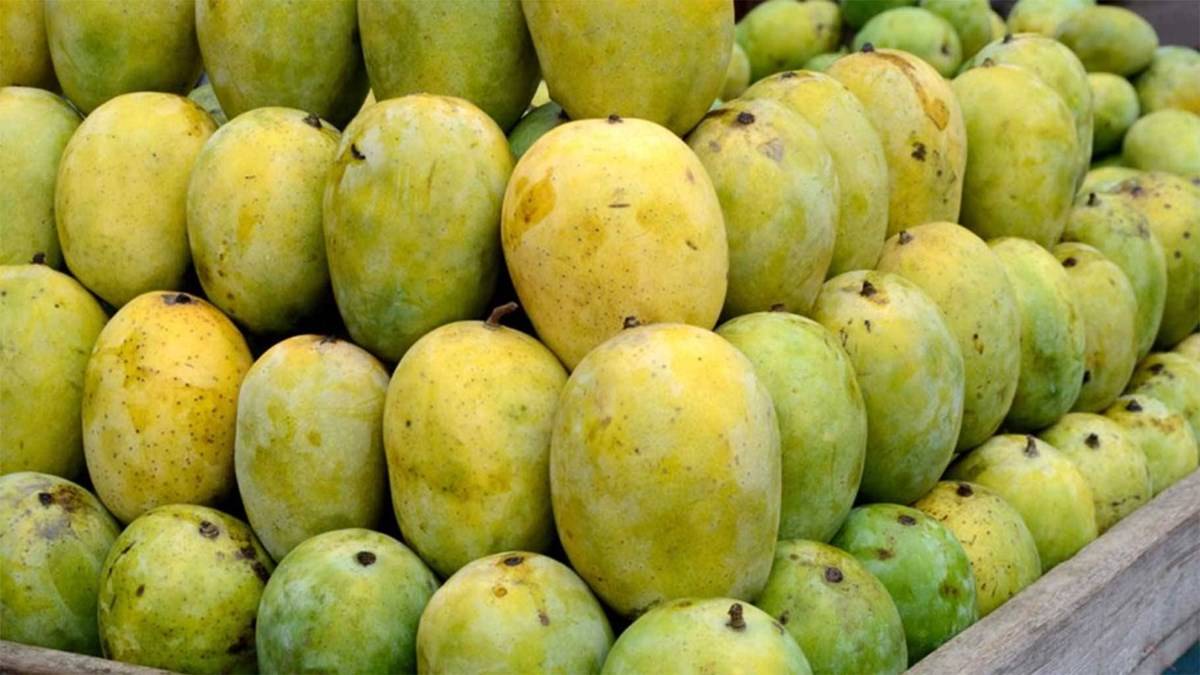
Mango is a tropical tree that is grown in various parts of India, and it is currently grown all over the world on many continents. Its fruits develop at the end of a long, string-like peduncle after flowering, with each peduncle sometimes bearing many fruits.
Each fruit is 5 to 15 cm long and 4 to 10 cm wide, with a classic "mango" shape, however, it can also be oval or spherical. Its weight varies between 150 and 750 grams.
In unripe mangoes, the outer skin (pericarp) is smooth and green, but in ripe fruits, it turns golden yellow, crimson red, yellow, or orange-red, depending on the cultivar type. The season for fresh mangoes is from April to August.
The fruit has a lovely flavor and a sweet, creamy taste with a hint of acidity. Fibrils are usually absent or insignificant in high-quality ripe mango fruit, and acidity is low.
The embryo in a mango seed (stone) can be solitary or polyembryonic.
9 Health Benefits of Mango
-
Mango is a rich source of prebiotic dietary fiber, vitamins, minerals, and polyphenolic flavonoid antioxidant compounds.
-
Mango fruit has been found to protect against colon, breast, leukemia, and prostate cancers, according to a new study. Mango polyphenolic antioxidant components are said to offer protection against breast and colon cancers, according to several scientific research.
-
Vitamin A and flavonoids such as carotene, and cryptoxanthin are abundant in mango fruit. 100 g of fresh fruit contains 1080 IU of vitamin A or 36% of the daily required amount. These chemicals have antioxidant characteristics and are critical for improving eyesight.
-
Vitamin A is also needed to keep the mucosa and skin healthy. Natural fruits high in carotenes have been shown to protect against lung and oral cavity malignancies.
-
Potassium is abundant in fresh mango. One hundred grams of fruit contain 168 milligrams of potassium and only 1 milligram of sodium. Potassium is a mineral found in cells and body fluids that helps in the regulation of heart rate and blood pressure.
-
Mango peels are a rich source of phytonutrients such as the pigment antioxidants like carotenoids and polyphenols.









